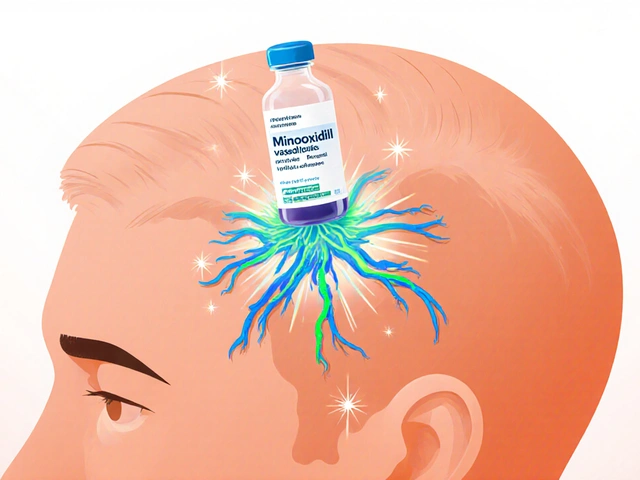Understanding Erosive Esophagitis
Firstly, let's talk about erosive esophagitis. This condition occurs when the lining of the esophagus, the tube that connects your mouth to your stomach, becomes inflamed and eroded. This typically happens due to repeated exposure to stomach acid, which can be caused by conditions like gastroesophageal reflux disease (GERD). Erosive esophagitis can be quite uncomfortable, causing symptoms like heartburn, difficulty swallowing, and sometimes even chest pain. It's important to keep in mind that this is a serious condition that requires medical attention. If left untreated, it can lead to more serious complications, such as esophageal stricture or Barrett's esophagus, a precancerous condition.
Exploring the Connection between Erosive Esophagitis and Anxiety
Now, you might be wondering, what does this have to do with anxiety? Well, research has shown a significant link between mental health conditions like anxiety and gastrointestinal disorders, including erosive esophagitis. Anxiety can lead to behaviors that increase the risk of developing erosive esophagitis, such as overeating, smoking, or consuming large amounts of caffeine or alcohol. Moreover, the discomfort and worry about health caused by erosive esophagitis can exacerbate anxiety symptoms.
Managing Erosive Esophagitis
So, what can you do to manage erosive esophagitis? The treatment typically involves medications to reduce stomach acid and lifestyle changes. These might include avoiding certain foods and drinks that can trigger heartburn, eating smaller meals, not lying down immediately after eating, and losing weight if you're overweight. In severe cases, surgery might be necessary. It's important to follow your doctor's advice and take any prescribed medications as directed.
Addressing the Anxiety
Addressing the anxiety aspect is equally important. If you're suffering from anxiety, there are several strategies that can help. These might include cognitive-behavioral therapy (CBT), which can help you learn to manage your worries and change harmful thought patterns. Medication is another option, either on its own or in combination with therapy. Mindfulness practices, such as meditation and yoga, can also be beneficial. Remember, it's okay to seek help and you don't have to deal with anxiety alone.
Maintaining a Healthy Mind-Body Connection
Lastly, it's crucial to maintain a healthy mind-body connection. This means taking care of your physical health, but also paying attention to your mental wellbeing. In fact, studies have shown that a strong mind-body connection can improve both physical and mental health outcomes. Try to incorporate regular physical activity into your routine, eat a balanced diet, get enough sleep, and take time each day to relax and do something you enjoy. And remember, it's okay to seek help if you're struggling. You're not alone, and there are resources available to support you.







rachel mamuad
July 1, 2023 AT 19:36